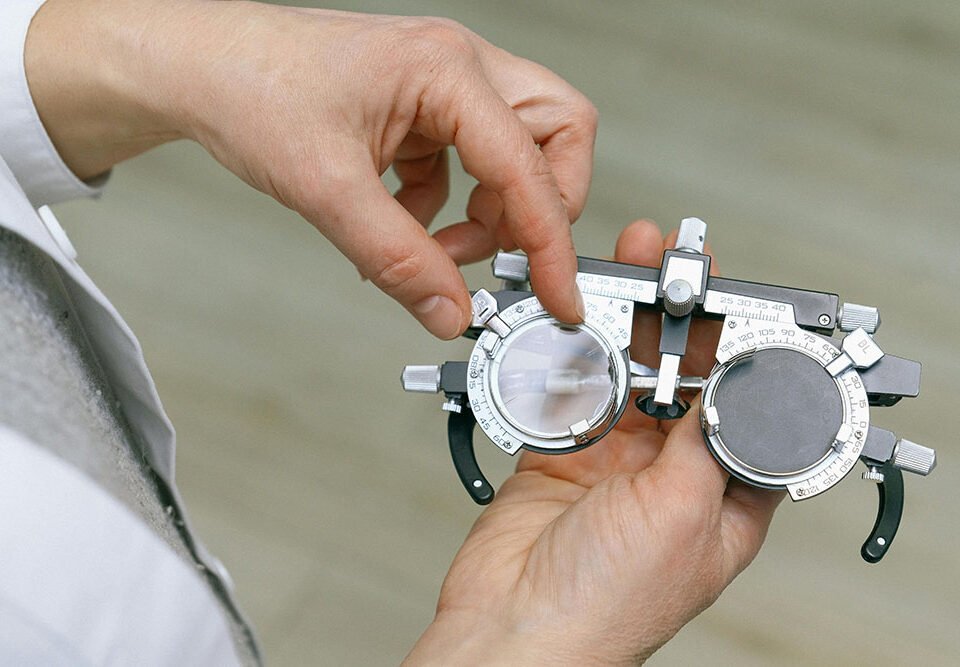It is essential to preserve eye health for general health and enjoyment of life. Our eyes are vital organs that enable us to navigate our surroundings, experience the world around us, and effectively carry out daily duties. Regretfully, a lot of individuals take their vision for granted and, therefore, put off getting routine eye care until issues emerge. Four strong arguments are presented in this essay as to why everyone should prioritize their eye health.
Table of Contents
Early Detection of Eye Conditions
Early diagnosis of eye diseases is a critical reason to give priority to eye health. Frequent ocular examinations aid in the early detection of common eye conditions such as cataracts, age-related macular degeneration, and diabetic retinopathy. Many of these illnesses progress gradually and don’t show any symptoms until they’re at a severe stage, which can result in irreversible eyesight loss. Regular eye exams help eye care specialists identify these problems early on, enabling prompt intervention and therapy to stop or halt the disease’s course. Not only may early identification save eyesight, but it also lowers the chance of more serious consequences that could interfere with day-to-day activities. Recognizing certain cataract symptoms like blurred vision, glare sensitivity, and difficulty seeing at night during routine eye exams allows for timely management and treatment, preserving visual clarity and quality of life.
Maintaining Overall Health
Since general health and eye health are strongly related, routine eye exams are a crucial component of complete healthcare. Optometrists and ophthalmologists are able to identify symptoms of systemic illnesses, including diabetes, hypertension, and excessive cholesterol, during an eye exam. Early warning indicators for these illnesses may appear in the eyes before other symptoms do. For example, a thorough eye exam can identify diabetic retinopathy, a consequence of diabetes that damages the blood vessels in the center of the retina. Through eye examinations, people may identify these health concerns and seek the right medical attention, manage their symptoms more effectively, and avoid any consequences that could affect their overall health and eyesight.
Enhancing Quality of Life
The quality of life is greatly improved by good eyesight, which also promotes productivity, independence, and general well-being. People with clear eyesight may easily carry out regular activities, including comprehending material, driving, working, and participating in hobbies. It also makes it possible for individuals to enjoy leisure activities, identify faces, and find beauty in the world. On the flip side, poor eye health might make it harder to complete these duties, which can diminish independence and have a detrimental effect on mental health. Especially in elderly persons, vision impairment can lead to irritation, sadness, and worry. People may retain their eyesight and have satisfying, active lives by taking preventive steps, eating a healthy diet, and getting regular checkups.
Preventing Digital Eye Strain
Many individuals spend a lot of time looking at screens in the modern digital world, whether for a job, school, or enjoyment. Digital eye strain also referred to as computer vision syndrome, can result from prolonged screen usage. Digital eye strain can cause headaches, neck and shoulder pain, dry eyes, and impaired vision. It is important to take preventive action because this condition can have a substantial negative impact on comfort and productivity. The 20-20-20 rule, which calls for taking a 20-second break every 20 minutes to stare at anything 20 feet away, is essential to maintaining excellent eye health. Reducing eye strain may also be achieved by employing optimal lighting, changing screen brightness, and placing the screen at the optimum distance. To enable a more pleasant and efficient use of digital devices, routine eye exams guarantee that any vision issues causing digital eye strain are found and fixed.
Conclusion
Prioritizing eye health is critical for maintaining general health, minimizing digital eye strain, improving quality of life, and early diagnosis of systemic and ocular disorders. To preserve clear vision and good health, people need to get regular eye exams to detect and treat eye illnesses and other health problems. People who have good eye health are able to carry out everyday chores with efficiency, take part in leisure activities, maintain their independence, and be productive. Preventive steps to lessen digital eye strain are essential in the digital era to preserve comfort and productivity. People may invest in their sustainable prosperity and live better lives by prioritizing their eye health.










